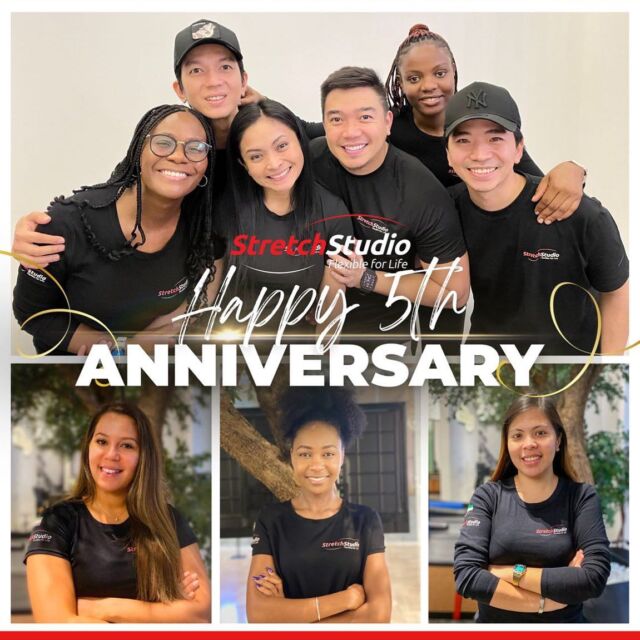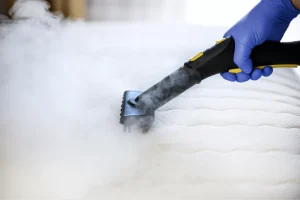
The role of a personal stretcher is often shrouded in misconceptions and misunderstandings. Many people are uncertain about what personal stretchers do and how they can benefit individuals. In this article, we aim to demystify the role of a personal stretcher and shed light on the valuable services they provide.
What is a personal stretcher?
A personal stretcher is a trained professional who specializes in assisting individuals with their stretching routines. They are well-versed in various stretching techniques, anatomy, and the principles of flexibility training. Their role is to guide, support, and optimizes a person’s stretching efforts.
Tailored stretching programs:
Personal stretchers create customized stretching programs that cater to the individual needs, goals, and limitations of their clients. These programs are not one-size-fits-all but are designed to address specific flexibility, mobility, or pain-related concerns.
Targeted muscle release:
One of the primary functions of a personal stretcher is to identify and address muscle tension and tightness. They use techniques such as myofascial release, deep tissue stretching, and assisted stretching to target and release knots and adhesions in the muscles.
Improved athletic performance:
For athletes, personal stretchers can be a valuable asset in enhancing performance. They develop stretching routines that improve muscle flexibility, strength, and coordination, ultimately leading to better agility, reduced risk of sports-related injuries, and improved endurance.
Active engagement:
Personal stretchers actively engage with their clients during stretching sessions. They apply precise pressure and guidance to help individuals reach their full range of motion safely. Their hands-on approach ensures that stretches are performed correctly and effectively.
Rehabilitation and pain management:
Individuals recovering from injuries or dealing with chronic pain can benefit from the services of a personal stretcher. These professionals provide specialized stretching techniques that facilitate the rehabilitation process and reduce pain. By focusing on muscle imbalances and tension, they address the root causes of discomfort.
Personal stretchers play a vital role in enhancing flexibility, reducing muscle tension, preventing injuries, and optimizing physical well-being. Their customized stretching programs, expertise in muscle release, and active engagement make them valuable assets for individuals seeking to improve their flexibility, mobility, and overall health. Understanding the multifaceted role of a personal stretcher can help individuals make informed choices about their stretching routines and wellness goals.







